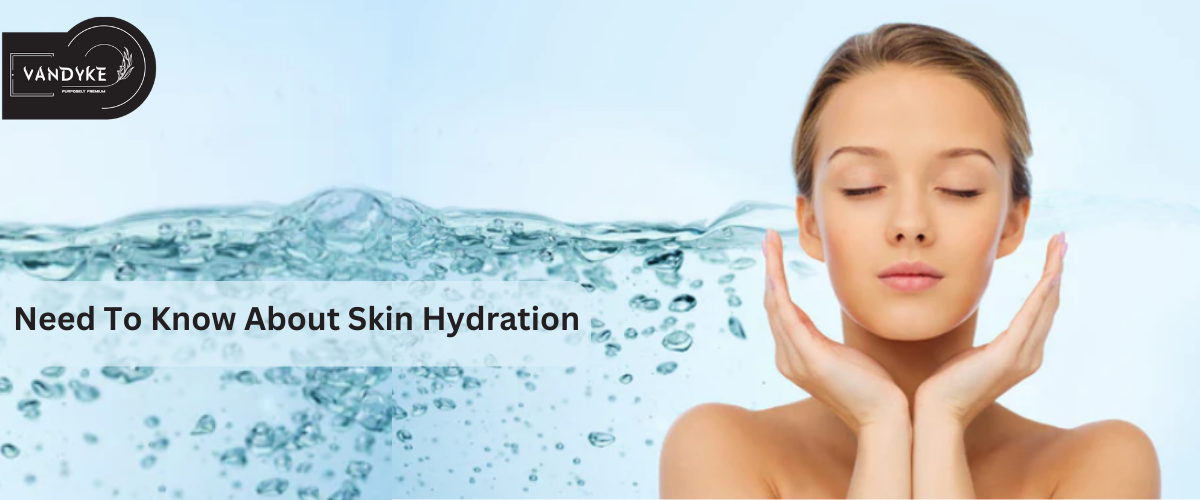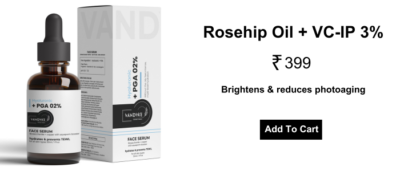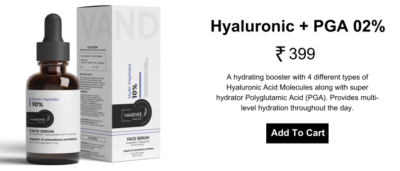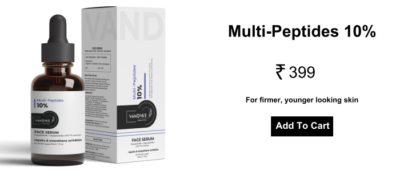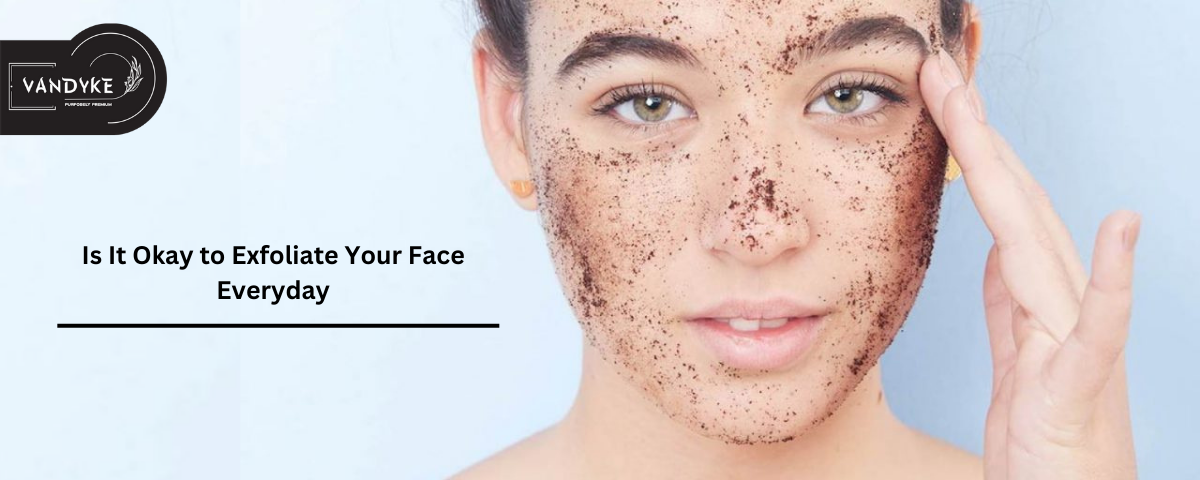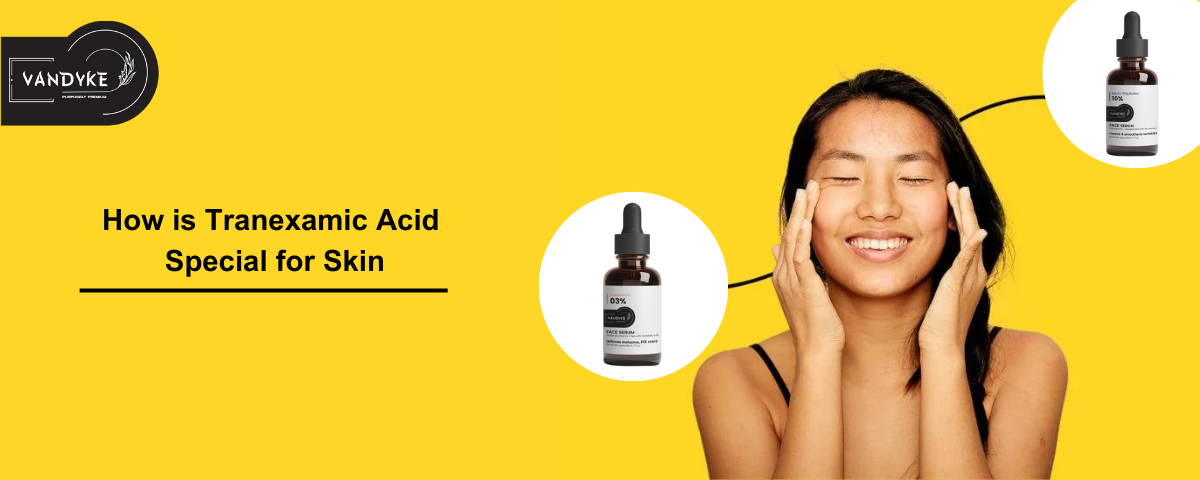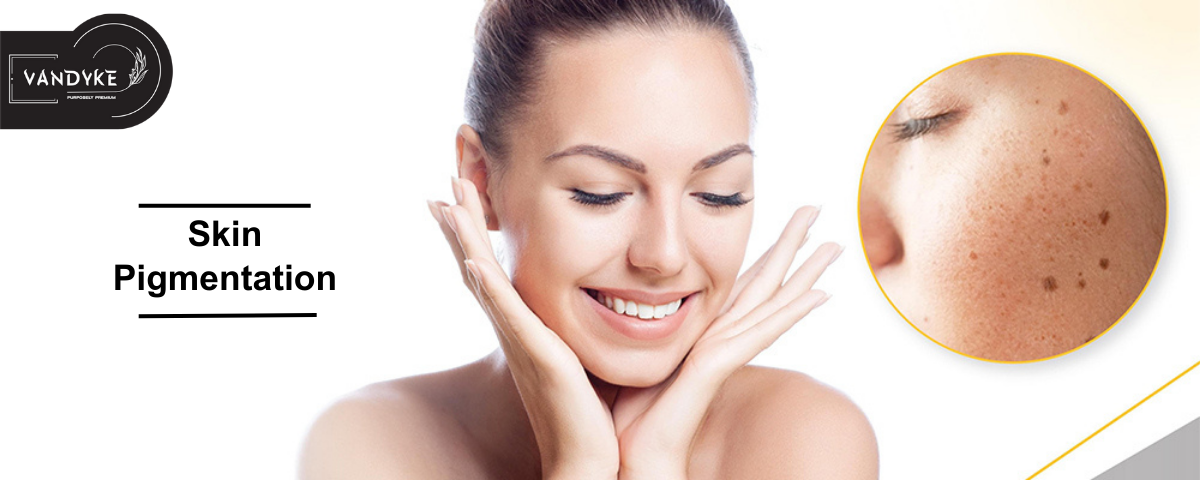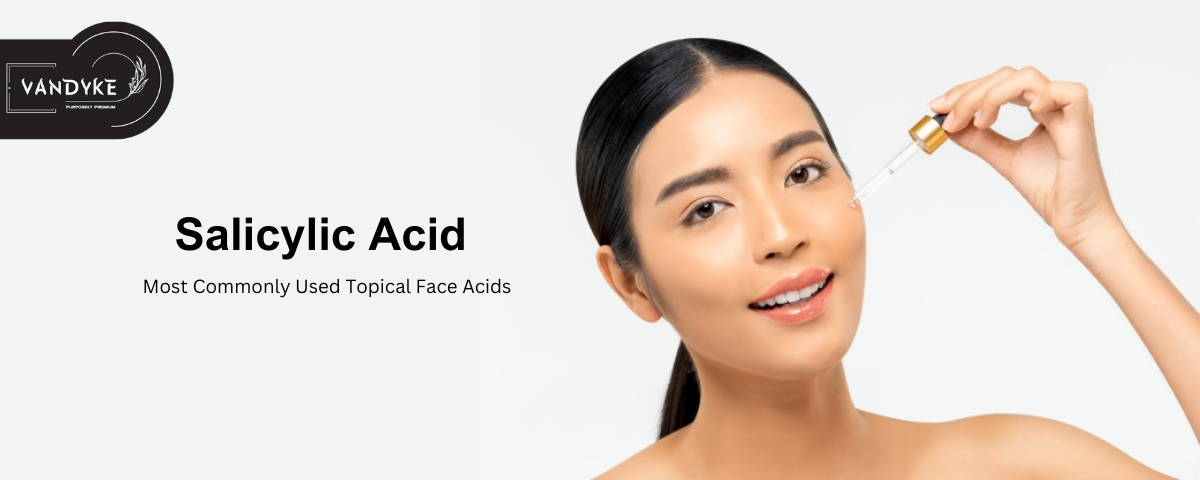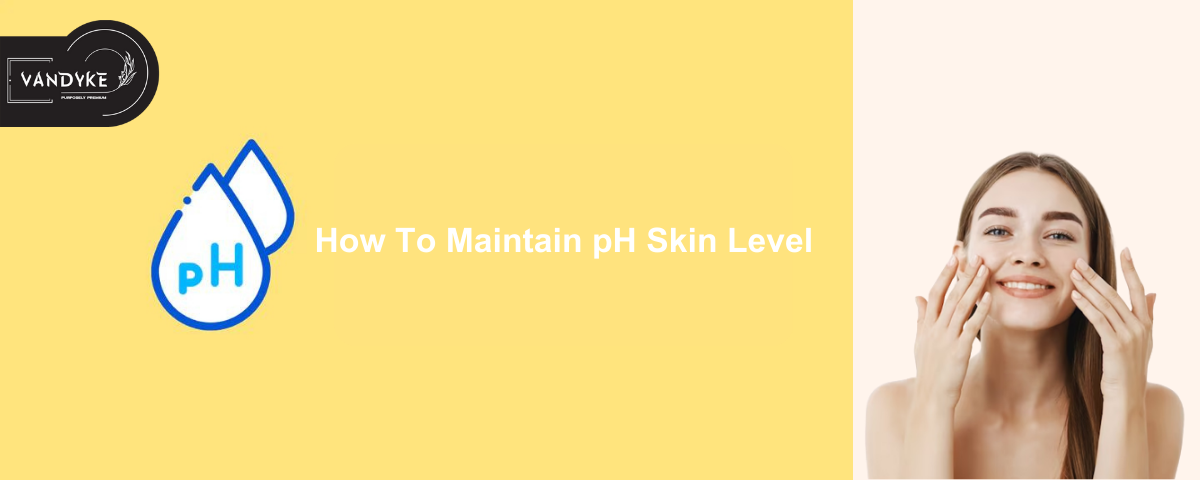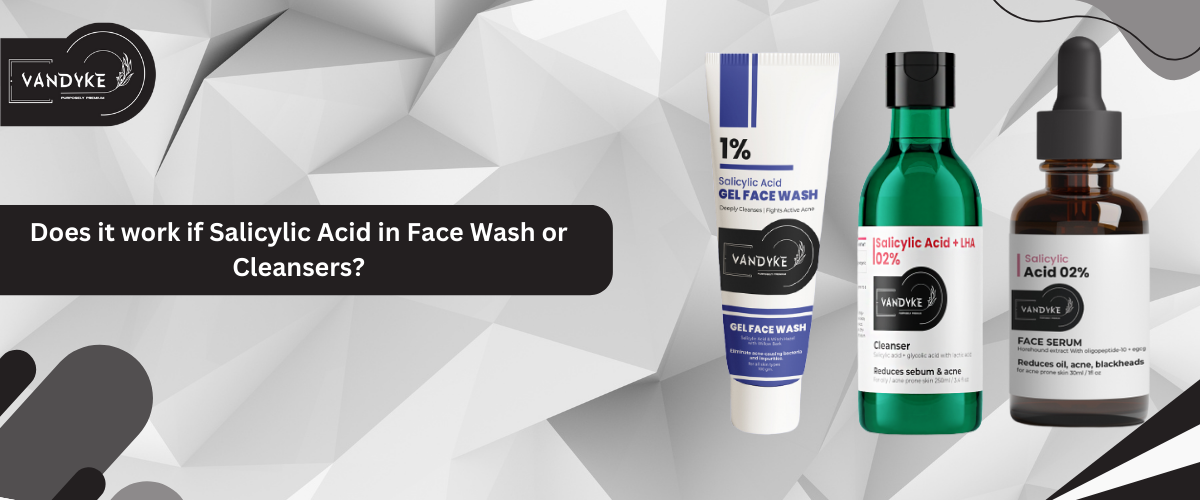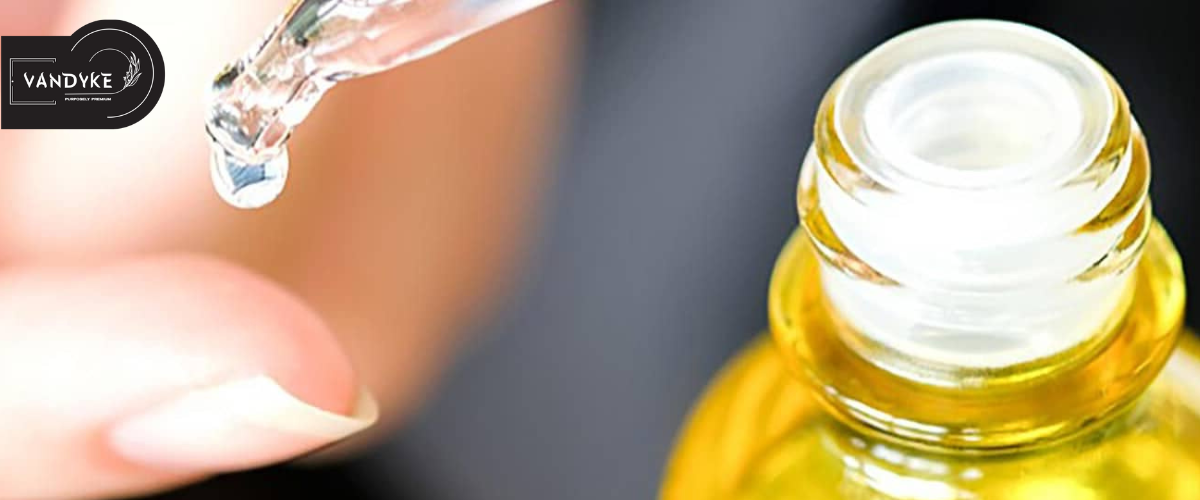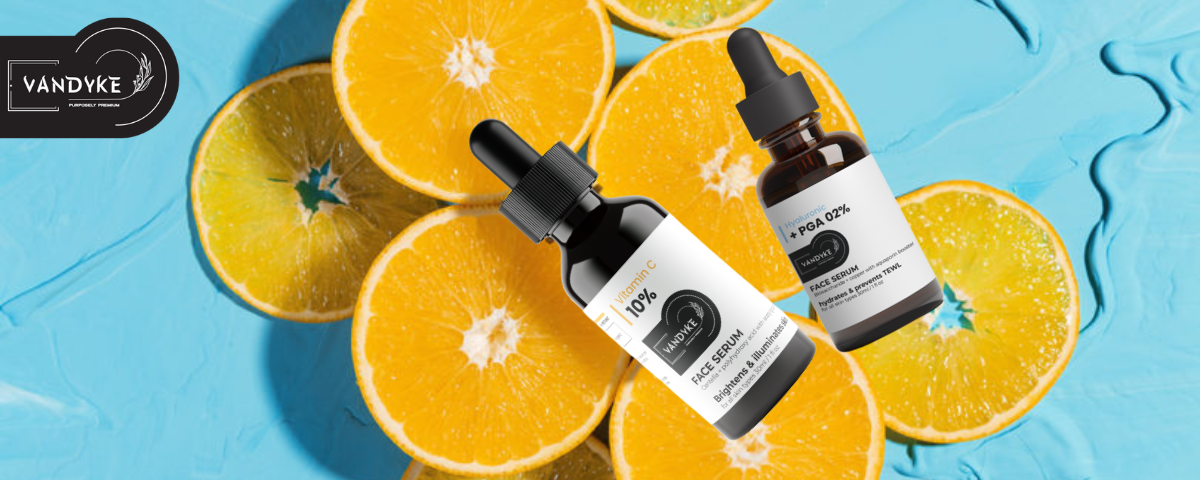Essential Things You Need To Know About Skin Hydration
Vandyke The Best Skin Care Products In India brought some really important facts about skin hydration and these facts will help you to improve Skin quality.
- Hydration is essential for healthy skin: Hydrated skin is more plump, resilient, and supple. It also helps maintain a healthy barrier function that can protect against environmental damage and moisture loss.
- Moisture and hydration are not the same: Moisturizers help to trap moisture in the skin, while hydration refers to the amount of water in the skin. The two are complementary, and a good skincare routine should include both.
- Dehydrated skin can lead to premature aging: Dehydrated skin can lead to the appearance of fine lines, wrinkles, and uneven skin tone. Proper hydration can help delay the onset of these signs of aging.
- Hydration needs vary by skin type: Oily skin needs hydration too, but it may require different types of products than dry skin. Combination skin may need different products for different areas of the face.
- Environmental factors can affect skin hydration: Dry air, harsh winds, and extreme temperatures can all lead to dehydrated skin. UV radiation from the sun can also contribute to moisture loss.
- Hydration starts from within: Drinking enough water is essential for overall health, including skin health. Consuming foods that are high in water content, such as fruits and vegetables, can also help hydrate the skin from the inside out.
- Hydration can be improved through topical products: Using products with ingredients like hyaluronic acid, glycerin, and ceramides can help improve skin hydration.
- Over-washing can lead to dehydration: Washing your face too often or with water that is too hot can strip the skin of its natural oils, leading to dehydration.
- Exfoliation can help with hydration: Exfoliating can help remove dead skin cells that can prevent moisturizing products from penetrating the skin.
- Hydration is an ongoing process: Maintaining skin hydration requires consistent effort, including drinking enough water, using appropriate skincare products, and avoiding environmental factors that can lead to dehydration. that is all very Essential Things You Need To Know About Skin Hydration
What is Skin Hydration
Skin hydration refers to the amount of water that is present in the skin. The skin is composed of multiple layers, and the outermost layer, called the stratum corneum, acts as a barrier to prevent water loss from the skin. When the skin is properly hydrated, it means that there is enough water present in the skin to maintain its normal function and appearance.
Skin hydration is important for a variety of reasons. When the skin is dehydrated, it can become dry, flaky, and dull-looking. Additionally, dehydrated skin is more prone to fine lines and wrinkles, as well as other signs of Aging. On the other hand, when the skin is well-hydrated, it can appear plump, smooth, and radiant.
There are several factors that can affect skin hydration, including genetics, age, and environmental factors such as humidity and temperature. In addition, lifestyle factors such as diet and hydration status can also impact skin hydration. To maintain optimal skin hydration, it’s important to drink enough water, use hydrating skincare products, and protect the skin from excessive sun exposure and other environmental stressors. Also vandyke brought skin care products as per your skin problems and our face care products will help you to boost your skin glow and below we write some Essential Things You Need To Know About Skin Hydration
How does hydration result in ``glowing skin?``
Hydration is important for maintaining healthy skin and face care routine for glowing skin, and when the skin is properly hydrated, it can have a “glowing” appearance. Here’s how it works:
Our skin is made up of several layers, and the outermost layer is called the stratum corneum. This layer acts as a barrier, helping to prevent water loss from the skin. However, if the skin becomes dehydrated, the stratum corneum can become dry, rough, and dull-looking.
When we drink enough water, it helps to hydrate our skin from the inside out. This can help to plump up the skin cells, making them look fuller and more radiant. Additionally, well-hydrated skin is better able to maintain its elasticity, which can also contribute to a glowing appearance.
In addition to drinking enough water, using moisturizers and other topical face care products like face serum or Rosehip Oil + VC-IP 3% Serum for Brightens & reduces photoaging that contain hydrating ingredients can also help to improve skin hydration and promote a glowing complexion. Some examples of hydrating ingredients that are commonly used in skincare products include hyaluronic acid, glycerin, and ceramides and much more You Need To Know About Skin Hydration
Removal of Toxins By The Powerful Method of Skin Hydration
While skin hydration can be important for maintaining the health and appearance of your skin, it is not a reliable method for removing toxins from your body. Toxins are typically filtered out by your liver and kidneys, which work to remove harmful substances from your bloodstream and eliminate them through urine and feces.
Drinking plenty of water and keeping your skin moisturized can help support the function of your liver and kidneys, as well as promote healthy skin and best skin care routine for glowing face with face serum or Hyaluronic + PGA 02% Serum. However, relying on skin hydration alone to remove toxins from your body is not an effective or scientifically proven method and there is much that You Need To Know About Skin Hydration
If you are concerned about the presence of toxins in your body, it is important to speak with a healthcare professional who can provide guidance on appropriate testing and treatment options.
Increases Elasticity, Thus Saying Goodbye to Wrinkles and Aging Skin
There are various ways to increase skin elasticity and reduce the appearance of wrinkles and aging skin. Some effective methods include:
- Maintaining a healthy diet: A diet rich in vitamins, minerals, and antioxidants can help improve skin health and elasticity. Foods like fruits, vegetables, whole grains, lean proteins, and healthy fats can help nourish your skin. Also you can use Skin care products like Multi-Peptides 10% for firmer, younger looking skin.
- Staying hydrated: Drinking enough water can help keep your skin hydrated, which is essential for maintaining its elasticity.
- Protecting your skin from the sun: Exposure to UV rays can damage your skin and cause it to lose elasticity. You can protect your skin by wearing protective clothing, using sunscreen, and avoiding the sun during peak hours.
- Exercising regularly: Regular exercise can improve blood circulation, which can help deliver nutrients and oxygen to your skin, promoting its health and elasticity.
- Using skincare products: There are various skincare products available that can help improve skin elasticity and reduce the appearance of wrinkles. These include retinoids, vitamin C serums, hyaluronic acid, Multi-Peptides 10% Serum and peptides.
- Quitting smoking: Smoking can cause your skin to lose elasticity and accelerate the aging process. Quitting smoking can help improve your skin’s overall health and reduce the appearance of wrinkles.
It’s essential to consult with a dermatologist to determine the best approach for your skin type and condition.
How Do Skin Moisturizing and Skin Hydration Differ?
Skin moisturizing and skin hydration are often used interchangeably, but they are actually two different concepts.
Skin moisturizing involves the application of a facecare product that helps to lock in moisture on the surface of the skin. Moisturizers typically contain ingredients such as humectants, emollients, and occlusives, which work together to help hydrate the skin, prevent water loss, and smooth the skin’s surface. Moisturizers can be particularly helpful for people with dry or dehydrated skin, as well as those with skin conditions like eczema and psoriasis.
Skin hydration, on the other hand, refers to the water content within the skin’s cells and tissues. Hydrated skin is generally plump, smooth, and elastic, while dehydrated skin can appear dull, dry, and flaky. Factors that can contribute to skin dehydration include environmental factors like dry air or low humidity, harsh skincare products in India, and lifestyle factors like smoking and alcohol consumption.
While skin moisturizing can help to support skin hydration by locking in moisture and preventing water loss, it is important to remember that true skin hydration comes from within. Drinking plenty of water and maintaining a healthy diet can help to support skin hydration, as can using skincare products in India that contain ingredients like hyaluronic acid and glycerin, which can help to attract and retain moisture in the skin.
What Else Can Help The Skin To Achieve Hydrated Skin Other Than Water
While drinking water is important for maintaining overall hydration in the body, there are several other ways to support skin hydration and maintain healthy, moisturized skin. Here are a few examples:
- Humectant ingredients: Using skincare products that contain humectant ingredients like hyaluronic acid, glycerin, and urea can help to attract and retain moisture in the skin.
- Occlusive ingredients: Occlusive ingredients like petrolatum, mineral oil, and shea butter can help to create a barrier on the surface of the skin, preventing water loss and maintaining skin hydration.
- Avoiding hot showers: Hot water can strip the skin of its natural oils and moisture, leading to dehydration. Using lukewarm water for showers and baths can help to prevent this.
- Using a humidifier: Dry air can contribute to skin dehydration. Using a humidifier in your home or workplace can help to add moisture to the air and prevent skin dehydration.
- Eating a balanced diet: Consuming foods that are rich in vitamins and minerals, particularly those with high water content like fruits and vegetables, can help to support skin hydration from the inside out also you can follow skincare routine to make skin glow
By incorporating these practices into your skincare and lifestyle routine, you can help to maintain healthy, hydrated skin.
Some of The Hydrating and splendid Ingredients That all Skin
Types can benefit from include:
- Hyaluronic acid: A naturally occurring substance in the skin that can hold up to 1,000 times its weight in water, making it an excellent hydrating ingredient.
- Glycerin: A humectant that can attract moisture to the skin and help to prevent water loss.
- Aloe vera: A soothing ingredient that can help to hydrate and calm the skin, particularly after sun exposure.
- Ceramides: Naturally occurring lipids that help to strengthen the skin barrier and retain moisture.
- Vitamin E: A powerful antioxidant that can help to protect the skin from free radical damage and improve hydration.
- Niacinamide: A form of vitamin B3 that can help to improve the skin’s moisture barrier and reduce water loss.
- Panthenol: A form of vitamin B5 that can help to hydrate and soothe the skin.
- Jojoba oil: A lightweight oil that can help to moisturize the skin without clogging pores.
These ingredients can be found in a variety of Vandyke skincare products in India, including moisturizers, serums, and face masks. Incorporating products that contain these ingredients into your skincare routine can help to improve skin hydration and promote healthy, glowing skin.
Can You Over-hydrate Your Skin?
Yes, it is possible to over-hydrate your skin, although it is relatively uncommon. Over-hydrating the skin can occur when too much moisture is added to the skin, which can cause the skin to become waterlogged and swollen.
Overhydration of the skin can lead to a number of unwanted effects, including:
- Pimples and acne breakouts: Excessive hydration can lead to clogged pores, which can lead to pimples and acne breakouts.
- Skin irritation: Overhydration can cause the skin to become swollen and irritated, particularly if the skin is already sensitive.
- Increased risk of infection: When the skin is over-hydrated, it can become more susceptible to infection, particularly if there are breaks or tears in the skin.
- Interference with skin barrier function: Overhydration can interfere with the skin’s natural barrier function, making it more difficult for the skin to retain moisture and protect itself from environmental stressors.
To prevent over-hydration of the skin, it is important to use skincare products as directed and avoid excessive use of hydrating ingredients. Additionally, it is important to maintain a balanced face care routine and face care kit that includes cleansing and exfoliation to help prevent clogged pores and maintain a healthy skin barrier. If you have concerns about over-hydrating your skin or are experiencing any unwanted effects from your skincare routine, it may be helpful to speak with a dermatologist or skincare professional.
How will we be sure of over-hydration?
Over-hydration of the skin is not a common occurrence, but if you are concerned that your skin may be over-hydrated, here are some signs and symptoms to look out for and what more You Need To Know About Skin Hydration:
- Skin appears swollen or puffy: Over-hydration can cause the skin to appear swollen or puffy, particularly around the eyes or cheeks.
- Skin feels greasy or oily: When the skin is over-hydrated, it may feel excessively greasy or oily, even if you have naturally dry skin.
- Skin feels tight or uncomfortable: While it may seem counterintuitive, over-hydration can actually cause the skin to feel tight or uncomfortable, particularly if the skin’s natural barrier function has been compromised.
- Increased frequency of breakouts: Over-hydrated skin may be more prone to breakouts and acne, particularly if the pores become clogged due to excessive moisture.
- Itching or irritation: Over-hydration can cause the skin to become irritated or itchy, particularly if the skin is already sensitive.
If you are experiencing any of these symptoms, it may be a sign that your skin is over-hydrated. In this case, it is important to reevaluate face care routine for women or face care routine for men and adjust your use of hydrating ingredients as needed. If symptoms persist or worsen, it may be helpful to speak with a dermatologist or skincare professional.
Do's and Don'ts of Skin Hydration
Do’s:
- Drink plenty of water: Drinking enough water is one of the most important things you can do to keep your skin hydrated.
- Use a moisturizer: Applying a moisturizer after cleansing can help to lock in moisture and keep the skin hydrated.
- Use a humidifier: If you live in a dry climate or spend a lot of time in air-conditioned environments, using a humidifier can help to add moisture to the air and prevent your skin from drying out.
- Eat a healthy diet: Eating a balanced diet that includes plenty of fruits and vegetables can help to keep your skin healthy and hydrated from the inside out.
- Use hydrating skincare products: Look for skincare products In India that contain hydrating ingredients, such as hyaluronic acid, glycerin, or aloe vera, to help keep your skin hydrated.
Don’ts:
- Overdo it with exfoliation: While exfoliating can help to remove dead skin cells and promote cell turnover, over-exfoliating can actually strip the skin of its natural oils and lead to dryness and dehydration.
- Take long, hot showers: While a long, hot shower may feel relaxing, it can actually strip the skin of its natural oils and lead to dryness and dehydration.
- Use harsh skincare products: Avoid using skincare products that contain harsh ingredients, such as alcohol or sulfates, as these can strip the skin of its natural oils and lead to dryness and dehydration.
- Forget to protect your skin from the sun: Exposure to the sun’s UV rays can lead to dehydration and damage to the skin, so it is important to wear sunscreen and protective clothing when spending time outdoors.
- Neglect your overall health: Your skin’s health is closely tied to your overall health, so be sure to take care of your body by getting enough sleep, eating a healthy diet, and managing stress.
Using Fact
Put on a night cream or moisturizer and cover your feet with some socks, so you would wake up to say hello to your refreshing, glowing feet.

